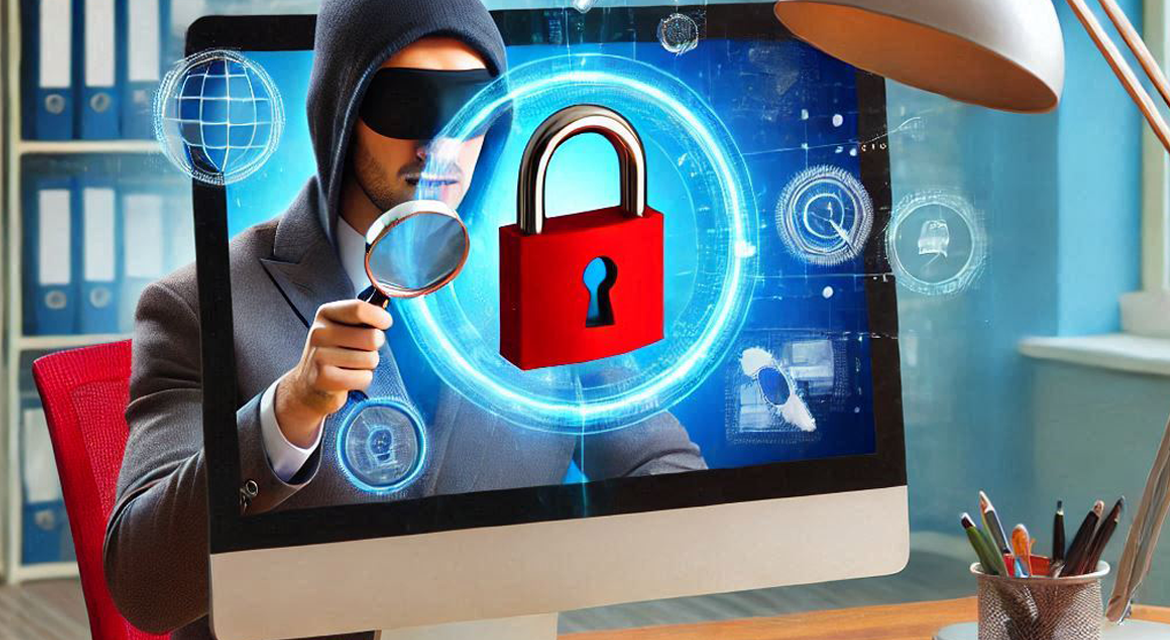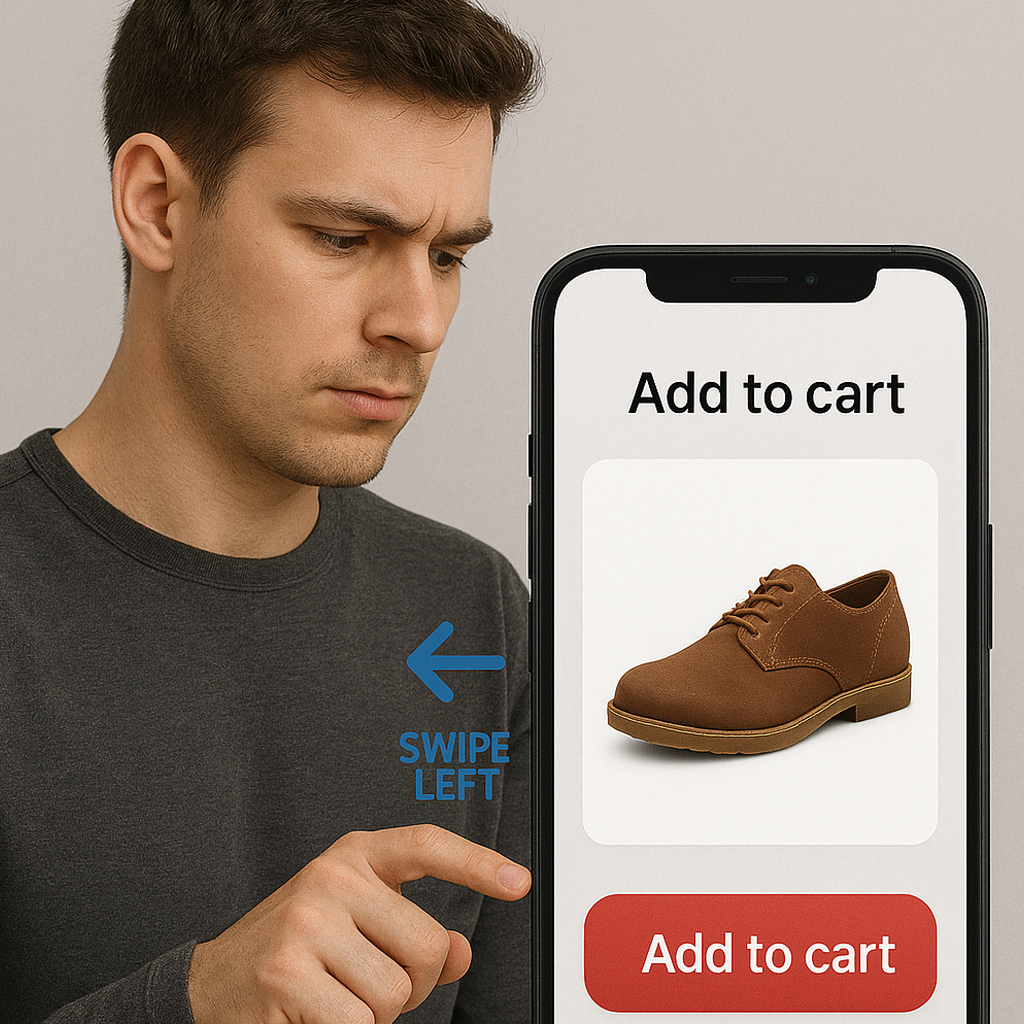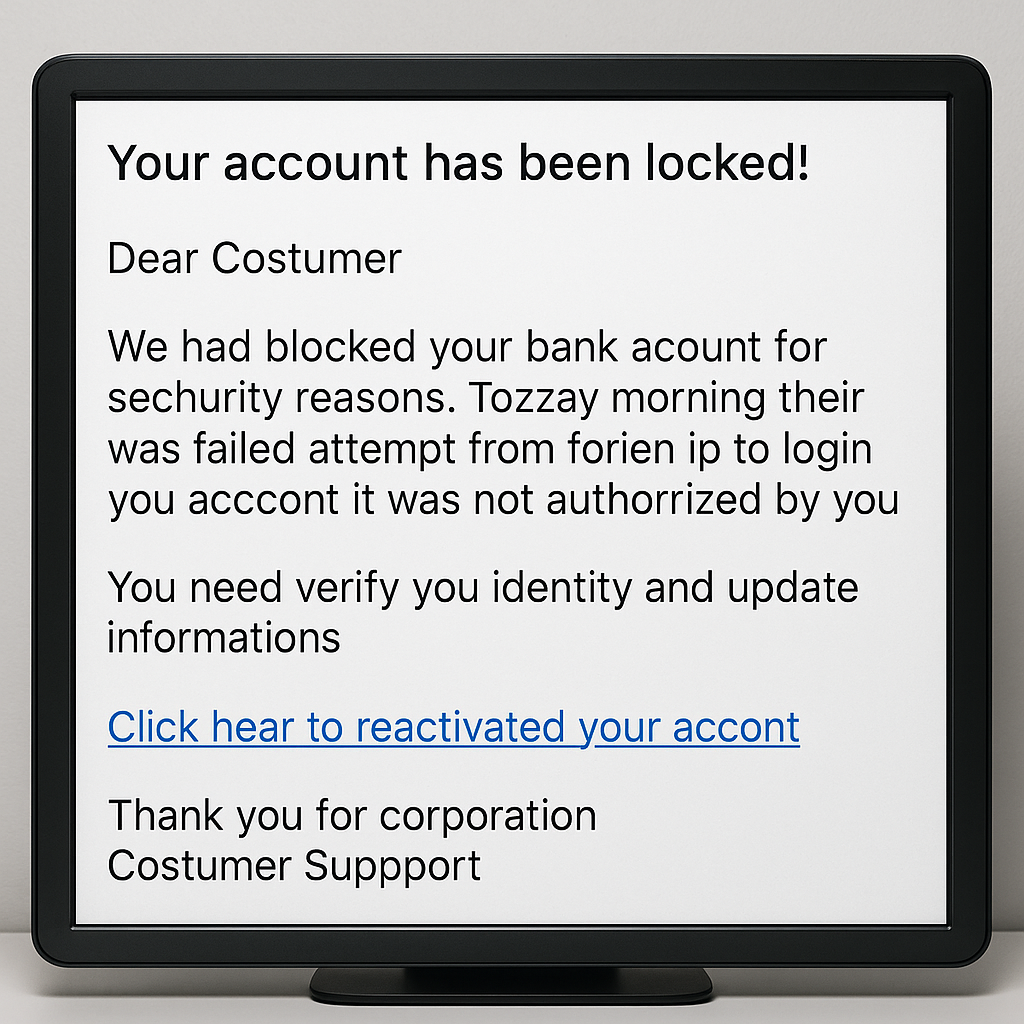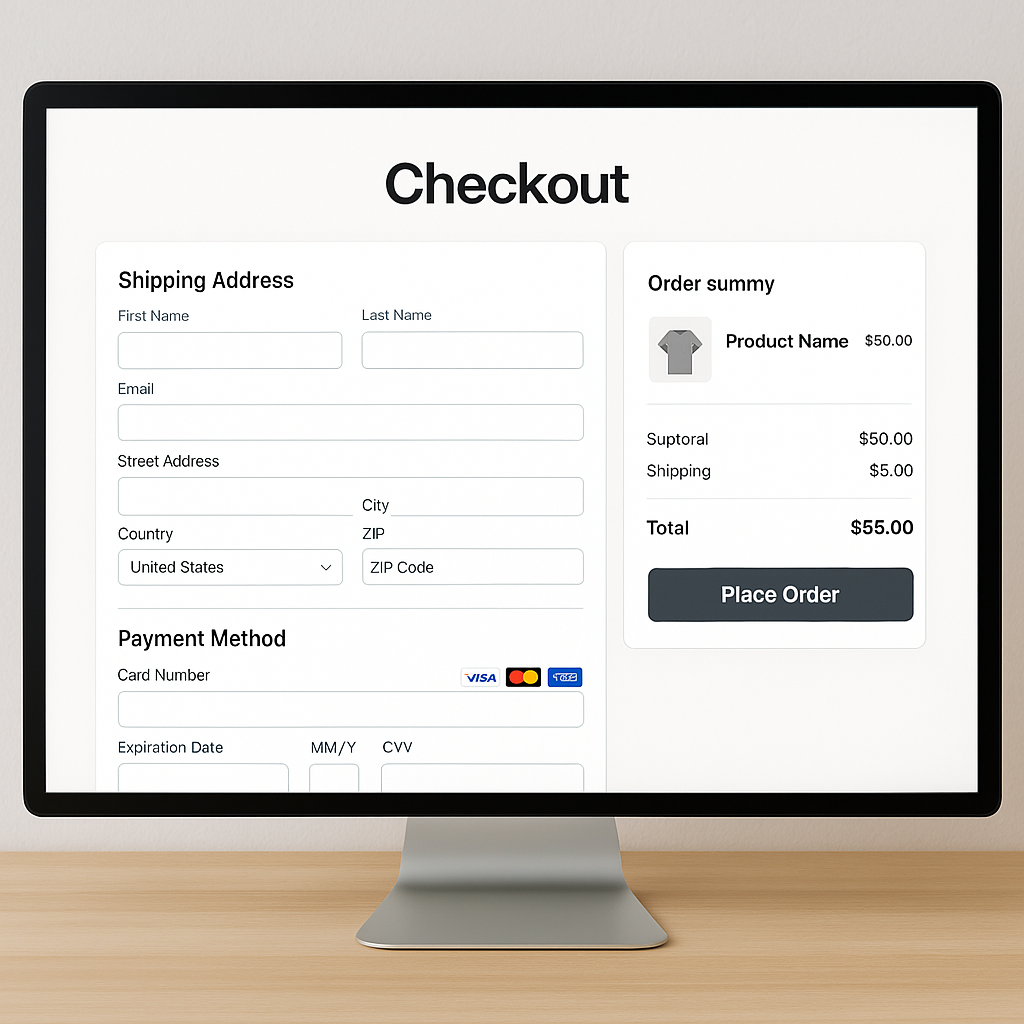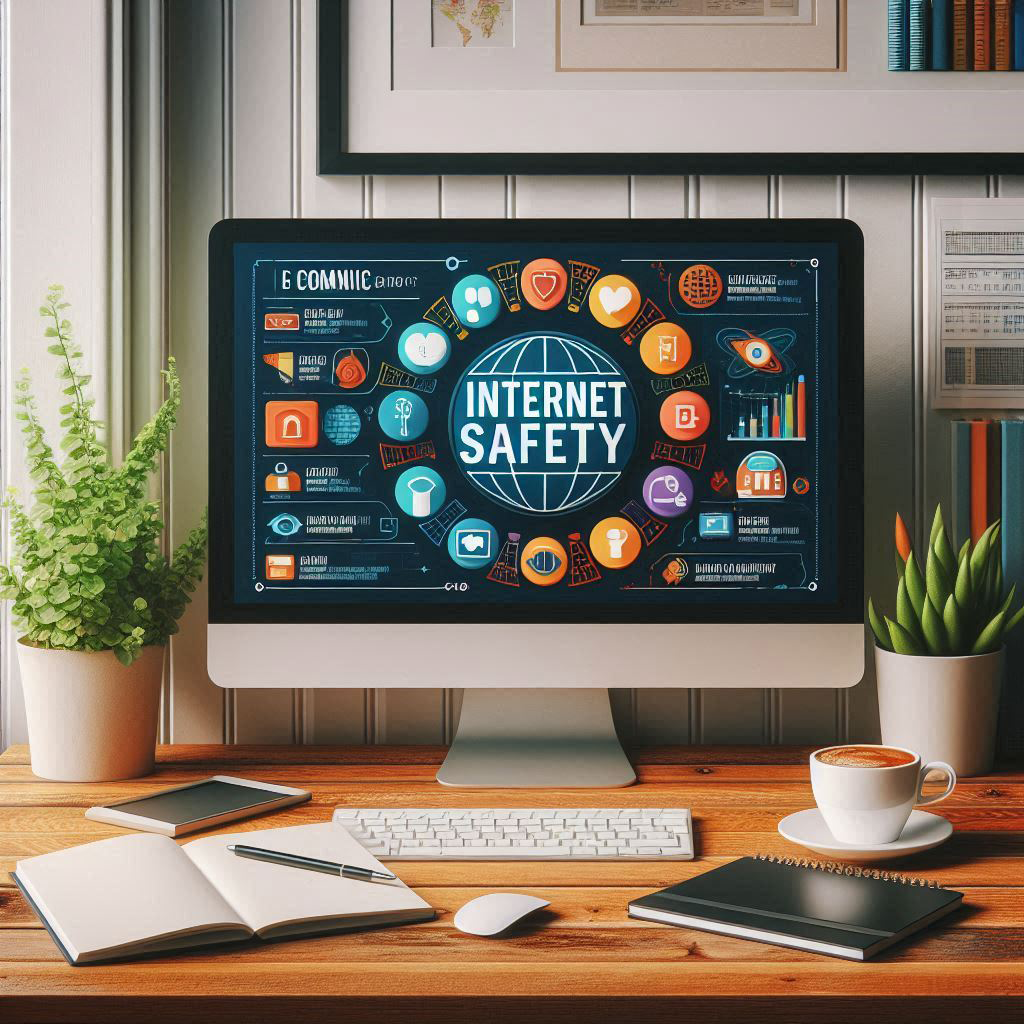Welcome to the wild, wild west of the digital age! Grab your virtual cowboy hat and smart lasso because today we're going on a humorous adventure to protect that precious personal information of yours. Yes, I’m talking about everything from your middle school email address (coolguy_2003@hotmail.com) to your secret love for cat memes.
Why Privacy Matters
Before we dive into the “how,” let’s tackle the “why.” You may wonder, “Why should I care about privacy? I’ve got nothing to hide except my addiction to late-night ASMR videos.” Well, friend, privacy matters because your personal information is like your digital fingerprint. It’s unique to you and can be used by sneaky hackers to impersonate you, steal your identity, or worse – discover your high school poetry blog.
Cyber-Horrors: The Risks of Not Guarding Your Privacy
Think of the internet as a giant, open field filled with beautiful flowers, adorable puppies, and... bandits lurking behind bushes. If you’re not careful, you might just end up giving hackers the keys to your digital kingdom. Here’s a taste of the cyber-horrors that await the privacy-unaware:
- Identity Theft: Imagine waking up one day to find out someone else is living your life. They’re using your credit card, posting selfies on your social media, and worst of all, they’ve changed your Netflix recommendations!
- Phishing Scams: No, this is not about fishing with a “ph.” These scams trick you into revealing personal info by pretending to be legit companies. One click on a fake email, and boom – your bank account is as drained as your enthusiasm for Monday mornings.
- Data Breaches: Have you ever had that nightmare where you’re in public without pants? A data breach is the digital equivalent. Suddenly, sensitive info about you is out there for everyone to see. Yikes!
Steps to Protect Your Personal Information Online
Now that I have your attention (and possibly scared you into deleting all your online accounts), let’s talk about how to guard your digital privacy like a pro.
Passwords: The Frontline Defense
Your password is your first line of defense against the bad guys. If you’re still using "password123" or "ilovecats," it’s time for a change. Think of your password like a secret recipe – complex, unique, and known only to you. Try using a mix of letters, numbers, and symbols, and avoid using anything easy to guess, like your birthday or “admin.”
Pro Tip: Use a password manager. Yes, it sounds like an expensive butler for your passwords, but it’s actually a handy tool that keeps track of your zillion logins so you don’t have to!
Two-Factor Authentication: Because One Just Isn’t Enough
Two-factor authentication (2FA) is like adding an extra lock on your digital door. Even if hackers crack your password, they’ll need a second piece of information (like a code sent to your phone) to get in. It’s like telling the bad guys, “Nice try, but you shall not pass!”
Beware of Phishing: Don’t Take the Bait
Phishing emails have become pretty sophisticated. They often look like they’re from reputable sources, but don’t be fooled. Always double-check the sender’s email address and never click on suspicious links. If your bank really needs to contact you, they’re not going to ask for your password via email.
Keep Software Up to Date: The Digital Vaccination
Software updates are like vaccinations for your computer. They patch up security holes that hackers love to exploit. So, the next time you see that annoying update notification, don’t hit “Remind me later” for the 27th time – just do it!
Use Secure Networks: Wi-Fi, Why Not?
Public Wi-Fi is convenient, but it’s also a playground for hackers. If you must use public Wi-Fi, avoid accessing sensitive information (like online banking) and consider using a Virtual Private Network (VPN). Think of a VPN as an invisibility cloak for your online activities.
Mind Your Social Media: Overshare, Beware
We all love sharing our lives on social media, but oversharing can be risky. Avoid posting sensitive information like your home address, phone number, or those embarrassing karaoke videos from last weekend. Remember, the internet never forgets!
Be Skeptical: Trust No One (Okay, Maybe a Few)
In the digital age, skepticism is your friend. Be wary of unsolicited messages, too-good-to-be-true offers, and random friend requests from people who look like stock photos. If something feels off, it probably is.
Backup Your Data: Just in Case
Backing up your data is like having a safety net. If your device is ever lost, stolen, or compromised, you’ll still have access to your important information. Use cloud storage or an external hard drive for regular backups.
Encrypt Your Data: Speak in Code
Encryption is like speaking in code. It scrambles your data so that only those with the correct key can read it. Use encryption tools to protect sensitive files and communications. It’s like sending your information in a secret language that only you and the intended recipient understand.
Be Mindful of App Permissions: Who’s Watching?
When you install a new app, it often asks for permissions to access various parts of your device – your camera, contacts, location, etc. Be mindful of what you’re agreeing to. Does a photo editing app really need access to your contacts? Probably not. Adjust app permissions to limit access to only what’s necessary.
Stay Safe and Stay Sane
Protecting your personal information online doesn’t have to be a chore. With a few simple steps and a healthy dose of humor, you can navigate the digital world with confidence. So, go forth, dear reader, and guard your privacy like a knight in shining armor. And remember, while you can’t control everything online, you can control how you protect yourself. Happy surfing!



